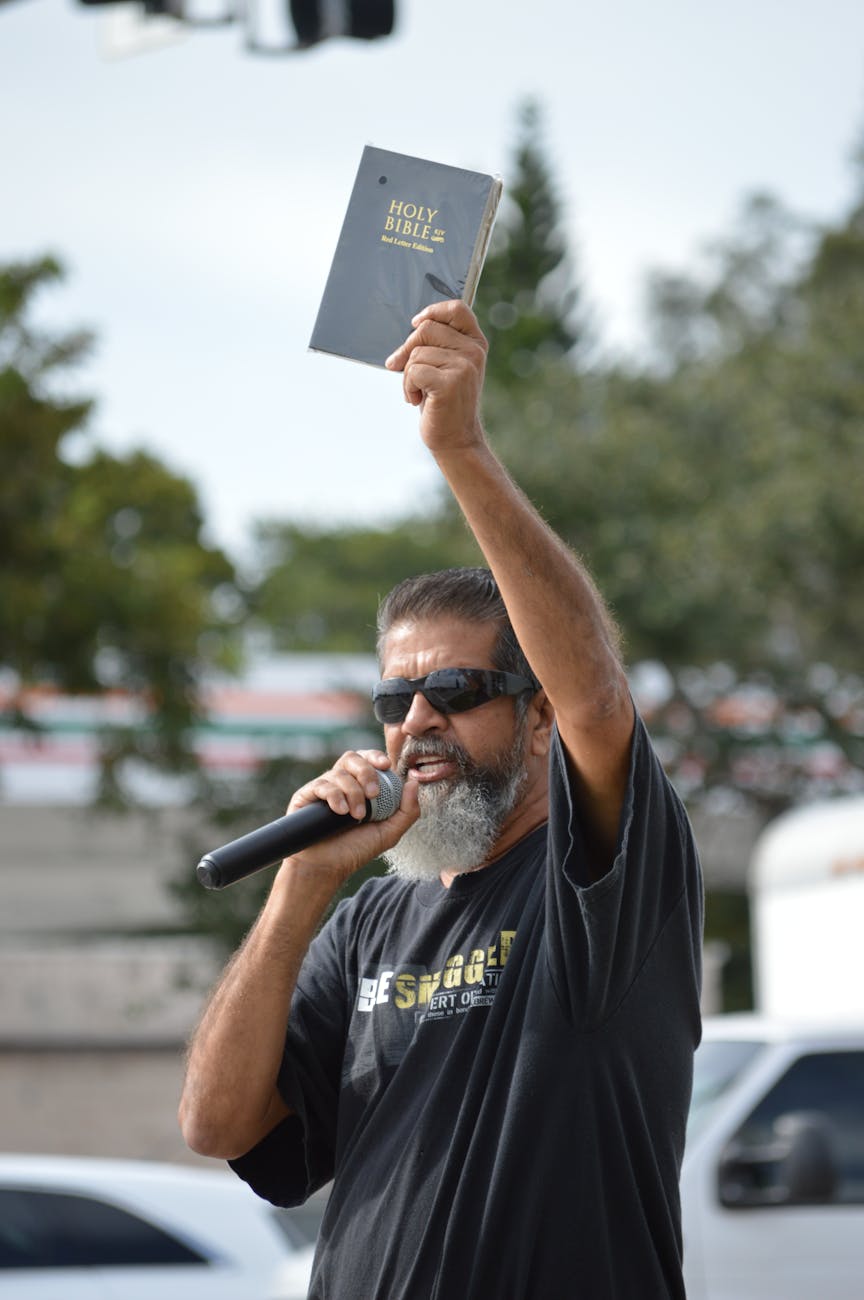
Do your friends pray? Do you pray for your friends and neighbors? Do you pray with your friends? Prayer is often seen as a private and very isolated activity– just you talking to God. But prayer is much more. Prayer can bind people together in a common purpose. It can encourage and embolden others as we pray together, share burdens and blessings, and seek God’s wisdom on their behalf.
Conversely, when our friends don’t pray, or discourage us from spending time in prayer, we can become weak and lose the fullness of joy that comes from a rich prayer life. When Jesus walked among us, He spent time with people– sinners, self-righteous religious leaders, friends, and strangers alike. And He often went away and alone to spend time in prayer. But He also made a habit of taking a few key friends with Him; friends who would “watch and pray” when others might have distracted Him with their questions or doubts. Throughout the Bible, there are numerous examples of others who sought out friends and companions to join them in prayer.
I belong to a small weekly prayer group. We meet for an hour each week to discuss prayer needs in our church and community, as well as needs for our nation and our world. I look forward to meeting each week. Even though we pray for many serious needs, we also come together to worship and to thank God for His many blessings– including answered prayer from previous weeks! Our church also belongs to a prayer initiative that involves a larger regional area. At least 30 churches are committed to praying “round the clock” one day each month throughout the year. Individuals sign up to pray for 15- or 30-minute increments. These prayers may happen in small groups, or in private closets, but there is value in knowing that our prayers are part of a much larger and ongoing effort. There are even short-term prayer efforts that ask everyone involved to take the same 5 or 10 minutes to pray for a particular need or issue–nationwide or worldwide! Each of these has value, and can encourage growth in our prayer life and spiritual growth.

There is a lot more I could write about this concept today, but I think it is more important to act on it. I have a journal full of names, places, and situations that require prayerful attention– people battling cancer or depression; cities facing riots and economic upheaval; families in the midst of divorce or other crises. And I have friends who share my concerns and who can join me in praying (even remotely) for them.
If you have friends who pray– connect with them and pray for and/or with them today. If you don’t– pray that you will find companions who will come alongside you as you make this journey to pursue a life of prayer. Look for opportunities to join a group– in person, or on-line–that shares prayer requests (and answers to prayer!) Best of all, pray to and with Our Father, who will never leave us or forsake us, who always listens, and who has given us the constant companion of the Holy Spirit to strengthen and encourage each of us.

For on-line prayer groups, check here ( https://www.google.com/search?q=online+prayer+groups+free&rlz=1C1GYPO_enUS768US769&oq=online+prayer+groups&aqs=chrome.1.69i57j0l5.7234j0j7&sourceid=chrome&ie=UTF-8 ) and elsewhere.








































